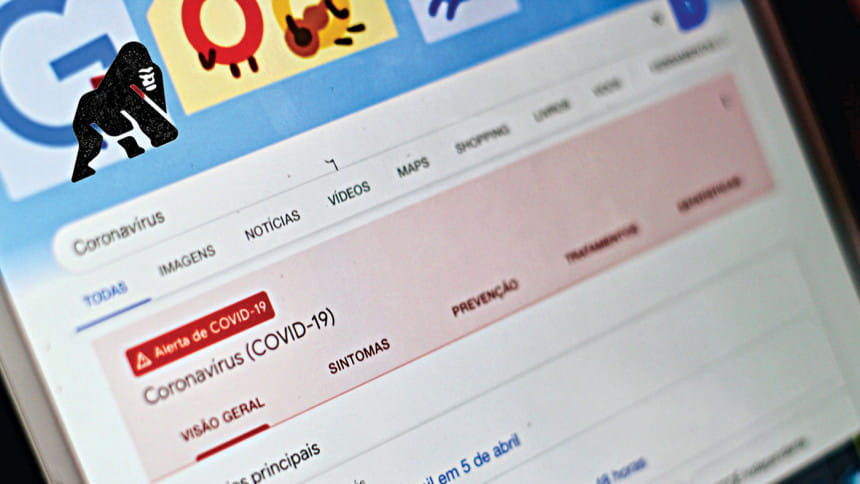Google warns its users of Covid-19 online scams

With a substantial increase in work from home practices, there has been a notable rise in the frequency of cyber-crimes and scams. While the world has seen a 40% spike in data usage globally, the FBI has reported that the number of cyber-crimes have quadrupled, almost 667% according to Barracuda Networks, during the pandemic. Subsequently, Gmail has received over 18 million hoax emails about Covid-19 reaching their servers, 99.9% of which have been reportedly kept from reaching its users through Google's extensive usage of machine learning tools.
As further precautionary measures, Google launched a page on its Safety Centre solely dedicated towards educating users about avoiding Covid-19 online scams. At the start of the page, it provides a brief description of their aim to keep their users safe and aware. As you scroll down, the page provides 5 common types of scams prevalent in these times. They include frauds who- pose as health organisations like the WHO, offer to sell fake essentials like hand sanitisers and masks, pose as government personnel claiming to issue tax updates, offering financial assistance while stealing critical financial information and requesting donations in the name of NGOs. Further down the page, Google gives you several tips on how to avoid aforementioned instances.
The page urges its users to be aware of differences between fake and real messages, further asking them to get information only from official websites of organisations like the WHO. They are urged to be cautious of requests for personal information like login details and passwords and financial information like bank details and pin numbers, voicing how the likelihood of verified entities asking for such information is very slim. Moreover, users are asked to donate directly through the websites of NGOs instead of doing so through emails and subsequent unverified links. Additionally, they are asked to double check links and email addresses, search whether they've been reported and to ensure usage of Google's 2-step verification. The page ends with a downloadable link to a summarised tip sheet which users can share with their friends and family to help avoid Covid-19 online scams.
Source: Google Safety Centre

 For all latest news, follow The Daily Star's Google News channel.
For all latest news, follow The Daily Star's Google News channel. 



Comments